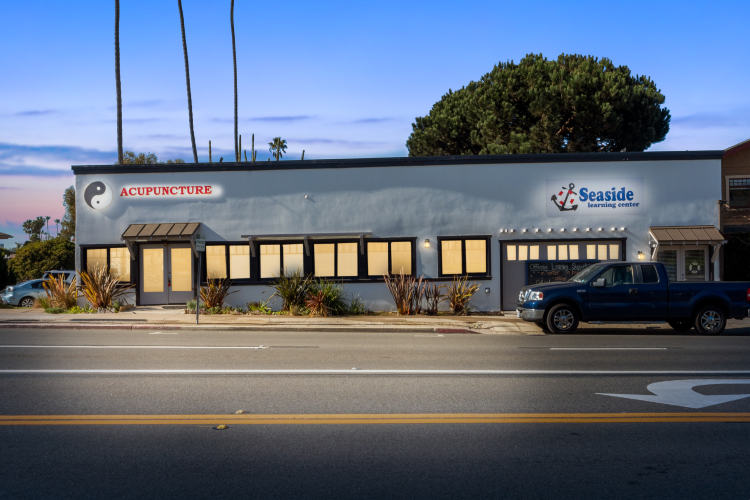
Principal
Avison Young Inc.
Specialty: Retail real estate
Alma mater: USC
Prior to that, he had stints at both Colliers International Group Inc. and Marcus & Millichap. Maling is involved in a variety of types of retail properties and said product types like drive-thus have seen high demand during the pandemic.
How has the retail market been faring?
It has been uniquely amazing. Contrary to what we’ve been experiencing, seeing, hearing, in regards to the overall death of retail because of the pandemic, we’ve seen a very strong appetite on many different fronts. On the leasing side, we’ve seen increased renewed activity in that area. On the sales side, we’ve seen incredible activity from both the private client as well as the institutional investor. We have seen a strong, almost favored status investment class on the single-tenant net lease side from private investors as well as the public REITs.
What areas are suffering?
The retail that has been suffering is high street retail … and then in urban cores when you have downtown Los Angeles, Westwood, parts of Santa Monica, Venice, there has been a dramatic drop-off in retail stores doing well. A lot of it is attributed to the lack of daytime population from professional office workers. The trickle-down portion of people not returning to office as it once was pre-pandemic; citing downtown Los Angeles as an example, the occupancy is only 20% to 25% of people occupying their office space. … That does not help the retailers that are on the major corridors, and it affects their sales. A lot of the residents that live in downtown Los Angeles have also left the urban core and have moved out to the suburbs.
How have drive-thrus done?
Drive-thrus have been the darling experience for retailers in the quick-serve retail sector. It has Covid compliance in terms of how you order and how you receive your food and the convenience. … It’s an aspect of quick-serve retail that I think is here to stay.
What are investors looking at before purchasing retail assets?
On the private client side, you have investors that have been beaten up pretty badly in the multifamily sector, in the office sector and are looking to move their capital and equity into more passive and not as management-intensive asset classes such as single-tenant net lease. The multitenant shopping centers, from the convenience corner strip centers to the large daily-needs grocery- (or) drug-anchored center, are still in very strong demand and continue to be. There seems to be a very vibrant appetite for those types of asset classes.
What’s in store for L.A.’s retail market this year?
A lot of it is predicated on when the variant is classified at a lower tier to encourage people to get a sense from a psychological standpoint that it’s safe or safer to return to their activities. We’re seeing government mandates that are spilling over into corporate America, where by the end of October or by the end of November, companies, corporations, large institutions are mandating vaccinations for their employees and staff. … You still have a new culture of how people in various businesses and companies will work or will return to an office. I don’t think it’s going to be 100% Monday through Friday like it was pre-pandemic. I think you’re going to see at least a 50% return to the office Monday through Friday and possibly a 50% hybrid model going forward.
With that being said, the retail landscape for Los Angeles will be predicated by when and what the return-to-office model will look like. … We’re looking at probably January of 2022 when we’re going to see a large spike of people because of the influx in vaccinations and psychological benchmark that time has let the variant degrade in terms of its intensity in Los Angeles and allow the people to come back (to work and shop) in a safer environment.
— Hannah Madans
